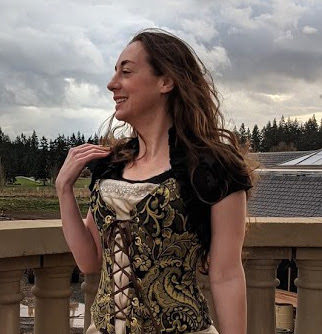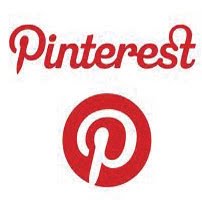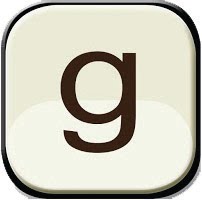Purpose
As a writer, the most important motivating factor behind a website is to sell more books. Sorry if that sounds crass, but it's true. A good website tells the reader about you, your books, gives them information about your schedule (tours, book signings, etc.), gives fans access to exclusive content and promotions.
What Does Effective Website Look Like?
An effective website is attractive and clean (not cluttered.) Yes, you need widgets and buttons, but don't go overboard. Avoid any extras that you don't need. I can't tell you how many websites I've gone to and immediately left because of visual overload. Keep it simple! A reader should be able to figure out where they are, and the basic navigation of your website within seconds of entering it.
Effective Content
Your website needs:
- A clear title - somewhere at the top of the page, so readers know they're at the right place.
- An easy navigation menu - Be it a top menu bar or side links, make it painfully obvious what your site offers.
- Info about your books - What are your books about and where can they be purchased?
- Info about you - Be it long or short, readers want to know who you are and why they should care, give it to them. Tell them what your favorite books are, how you got into writing, etc.
- Social Media Buttons and Links - Everyone has different tastes and preferences. A variety of social media options give your readers a choice of how to interact with you, which increases the chance they'll see what you want them to.
- Schedule - Let your readers know where they can find you signing books, speaking at an event, or touring.
- Exclusive content - Fans want exclusives, offer them unpublished exclusives, and insider content. Remember all those secondary characters you did write ups for? Instead of throwing them away, offer them as deleted scenes. Write posts about your inspiration, your writing process, and why you chose one path for your protagonist over another. Your fans will eat it up!
- Promotions - Offer occasional giveaways, sales, free ebook copies, etc. Give them a reason to check your site regularly, so they don't miss out.
- A "call to action" - A call to action is a text or graphic that encourages your reader to do something. It can be a "subscribe" button, a link directing them to a relevant post on your site, a "share" button, a link to buy or read more about your book, etc.
- Analytics - Analytic tools help you gage how popular your page is and where your traffic is coming from. They keep track of how many people visit your site, which pages they view, how long they stay, and what part of the world they access your site from. This lets you see which type of posts are the most popular, etc. and see how your fans are engaging with your website.
- Contact info - A contact form or email address is essential! Your fans need to know you are accessable.
- Memorable site address - Be sure your website's address that is easy to remember.
Great articles:
Author Website Checklist
10 Techniques for an Effective Call to Action








0 comments:
Post a Comment